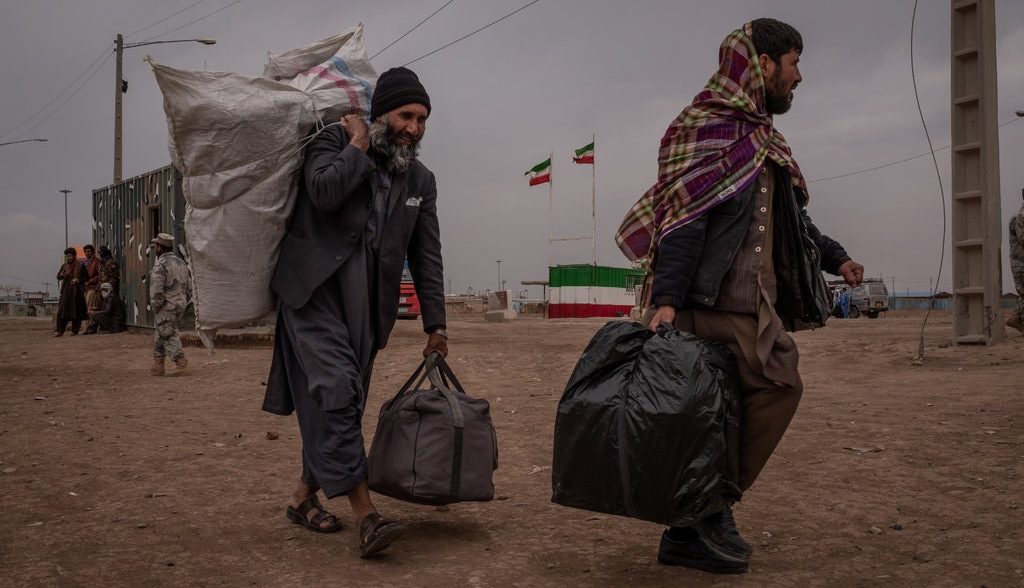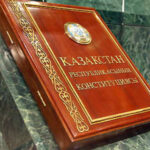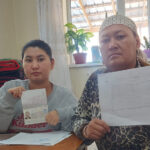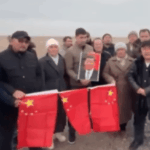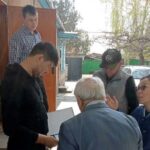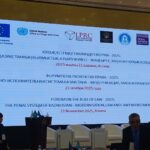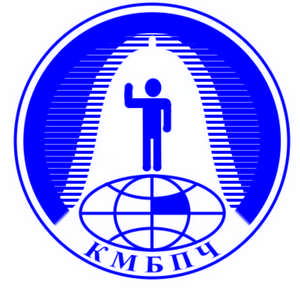In Shymkent, a state body was forced in court to admit its “faults” in relation to a citizen of Afghanistan and to promise to do everything according to the legal procedure, but not by any chance.
The specialized inter-district administrative court of Shymkent considered the administrative claim of a citizen of Afghanistan against the state body to appeal the decision to deny him refugee status. The interests of the claimant were represented by Nikolai Tarara, a lawyer from the Human Rights Bureau branch.
As it turned out during the examination of the administrative claim the asylum seeker was not provided with an interpreter during the whole procedure of refugee status determination (neither during the interviewing of the Afghan citizen, nor during the sitting of the commission). Although the applicant speaks the state language and understands it quite well, but only at the household level, while he has big problems with the legal terminology.
The initial interview with the Afghan citizen was conducted by the Migration Service Office, during which an interpreter was present and interpreted. However, in 2022 the refugee status determination procedure was transferred from the Ministry of Interior to the Ministry of Labor and Social Protection, whose department in Shymkent, without duly following the refugee status determination procedure, rejected the Afghan and his family members. Moreover, the operative part of the decision stated that refugee status had been denied, while the Afghan resident had applied for refugee status for himself and his family members: his wife and children. This violation was found by the Specialized Inter-District Administrative Court of Shymkent and a conciliation procedure was applied.
After that, on February 7, the applicant and his representative Nikolay Tarara signed a conciliation agreement. As stated there, the respondent undertook to review his decision to deny refugee status to a citizen of Afghanistan and his family members by the end of February this year with the participation of an interpreter and his representative, following which the state body should make a reasoned decision.

